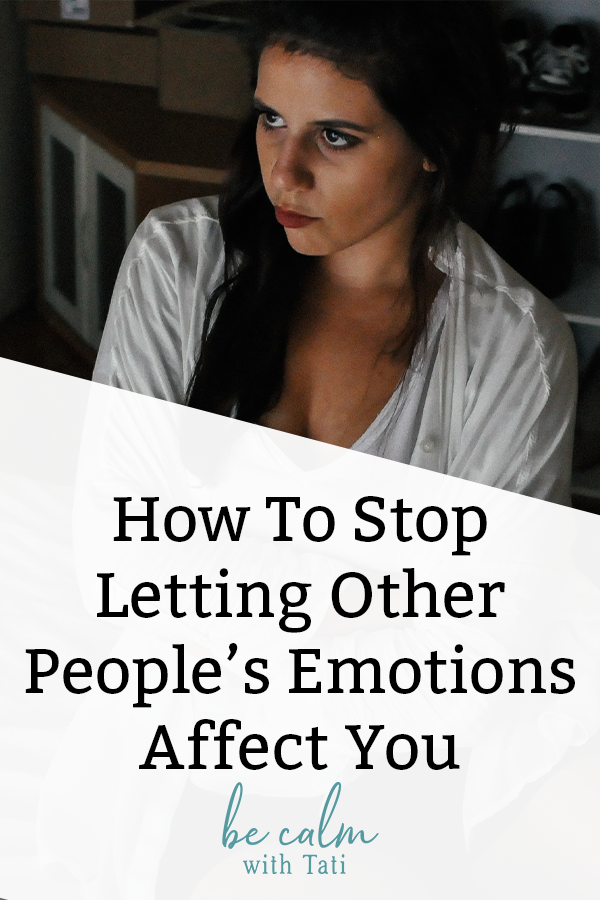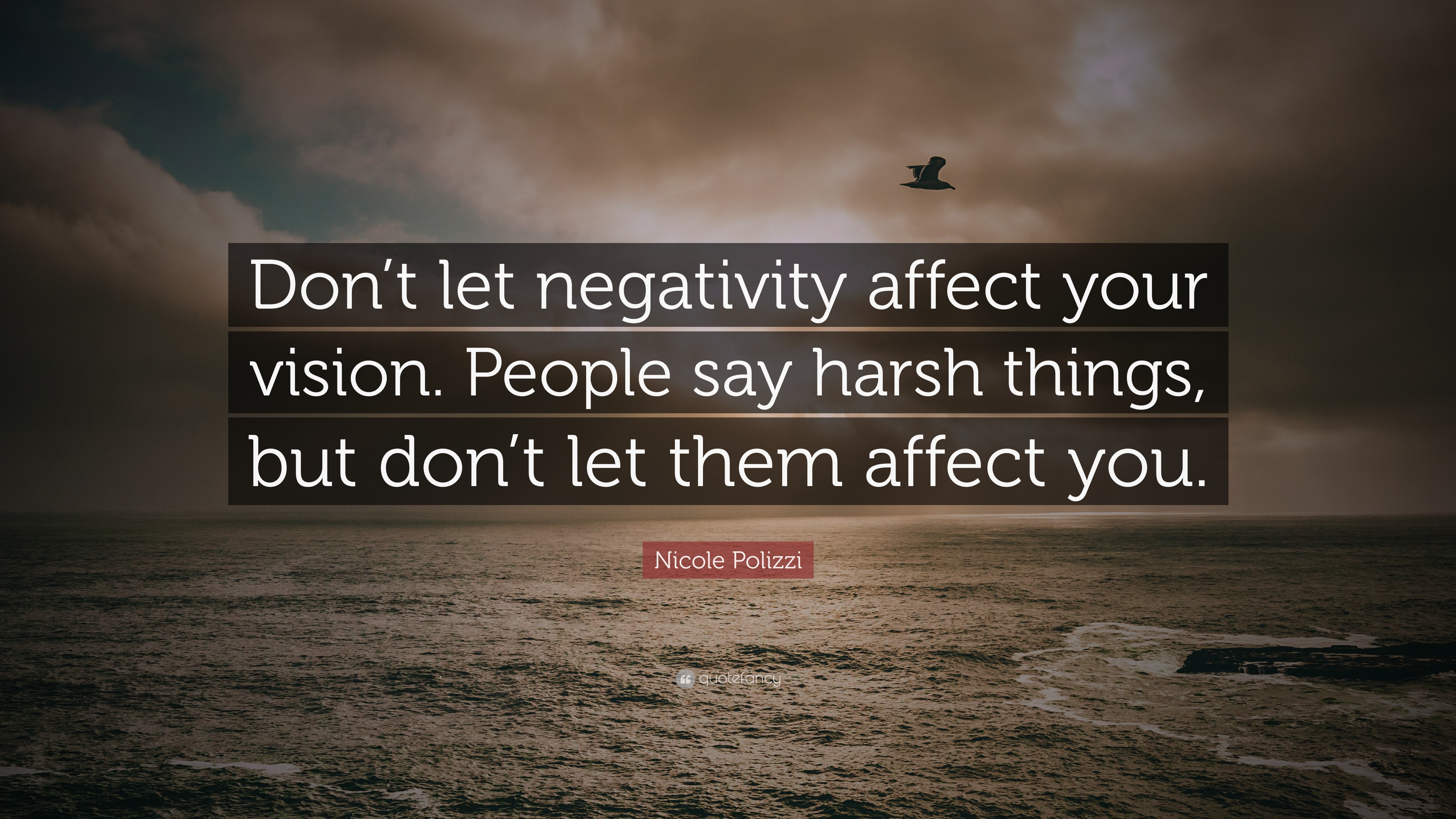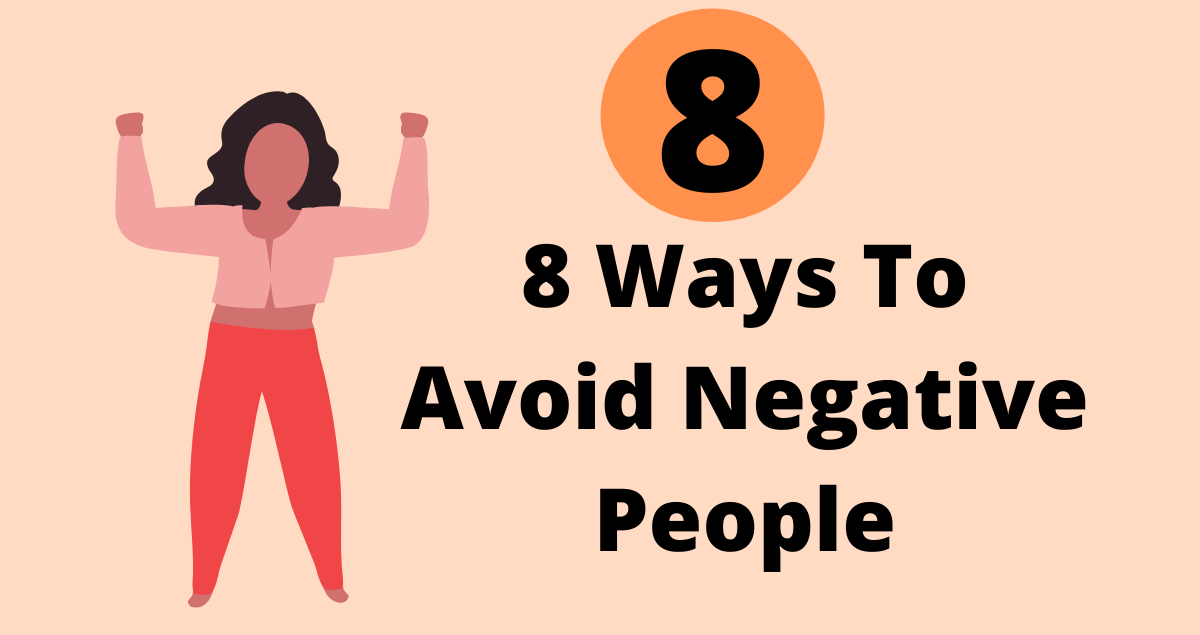How To Not Let Negative People Affect You

Navigating the complexities of social interaction often involves encountering individuals whose negativity can be draining and detrimental to one's well-being. Learning to effectively manage these interactions is crucial for maintaining mental health and fostering a positive outlook.
This article explores practical strategies for mitigating the impact of negative people, empowering individuals to safeguard their emotional and psychological state. These strategies aim to help you maintain a positive outlook and protect your emotional well-being in the face of negativity.
Understanding the Impact of Negativity
Exposure to chronic negativity can significantly impact mental and emotional health. Research suggests that consistent interaction with negative individuals can increase stress levels and decrease overall happiness.
Furthermore, it can lead to feelings of anxiety, depression, and burnout. Psychologists emphasize the importance of creating healthy boundaries to protect oneself from these adverse effects.
Strategies for Minimizing Negative Influence
Establish Clear Boundaries
Setting boundaries is paramount in managing interactions with negative individuals. This involves defining personal limits and communicating them assertively.
Avoid engaging in conversations that are consistently pessimistic or critical. Politely excuse yourself or change the subject to steer clear of negativity. Communicate your limits clearly and consistently.
Limit Exposure
Reducing the frequency and duration of interactions with negative individuals can be highly effective. While complete avoidance may not always be feasible, prioritizing interactions with positive and supportive people can significantly improve one's overall mood.
Consider strategically scheduling interactions or limiting the amount of time spent in their company. Create space in your life for relationships that uplift and empower you. According to the American Psychological Association, prioritizing positive relationships enhances emotional resilience.
Practice Empathy, But Don't Absorb
While empathy is a valuable trait, it's crucial to avoid absorbing the negativity of others. Recognize that their negativity often stems from their own internal struggles.
Practice active listening and offer support where appropriate, but avoid taking on their burdens or becoming emotionally invested in their problems. Remember that you are not responsible for fixing their negativity. A study from the University of California, Berkeley highlights the importance of maintaining emotional distance.
Focus on Solutions, Not Problems
Negative individuals often dwell on problems without seeking solutions. When interacting with them, consciously shift the focus from dwelling on the negative to exploring potential solutions.
Offer constructive suggestions or redirect the conversation towards positive outcomes. This can help break the cycle of negativity and create a more productive interaction.
Cultivate a Positive Mindset
Strengthening one's own positive mindset is a powerful defense against negativity. Engage in activities that promote joy, gratitude, and self-care.
Practicing mindfulness, spending time in nature, and pursuing hobbies can bolster emotional resilience and create a buffer against the negative influence of others. Regularly engaging in positive self-talk can reinforce a positive outlook.
Seek Support
If the negativity of others is significantly impacting your well-being, seeking professional support is a valuable step. A therapist or counselor can provide guidance and strategies for managing these interactions effectively.
They can also help you develop coping mechanisms and build stronger emotional boundaries. Talking to a trusted friend or family member can also provide emotional support and perspective.
The Broader Impact
By implementing these strategies, individuals can not only protect their own well-being but also contribute to a more positive social environment. Minimizing the impact of negativity promotes healthier relationships and a more supportive community. Dr. Emily Carter, a leading expert in interpersonal communication, stresses the importance of self-care in fostering positive social interactions.
Ultimately, learning to manage interactions with negative individuals is an investment in one's own mental health and a contribution to a more positive world. This ability allows individuals to create healthier boundaries and maintain a positive outlook in the face of negativity.


















